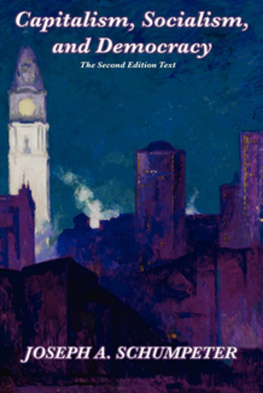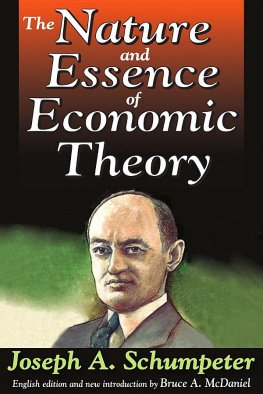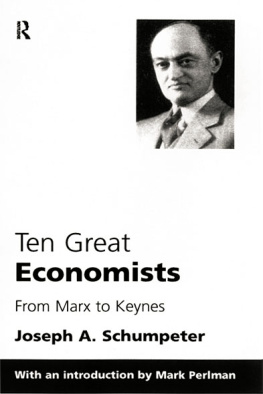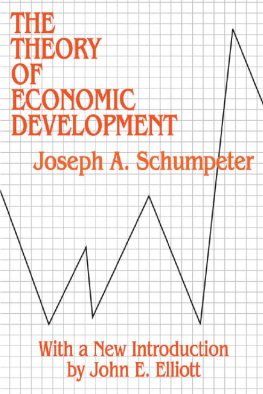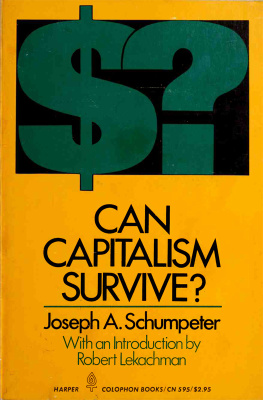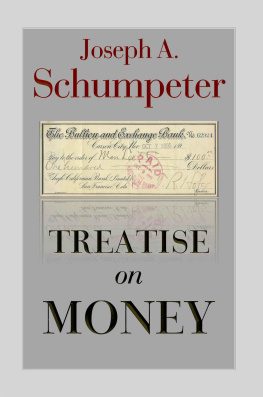Transcribed from the [c1840s] Religious Tract Society edition by David Price, email ccx074@pglaf.org
SOCIALISM EXPOSED.
BY THE REV. JOSEPH MATHER.
THE RELIGIOUS TRACT SOCIETY, INSTITUTED 1799.
56, PATERNOSTER ROW, AND 65, ST. PAULS CHURCHYARD.
Mr. Owen professes to be seeking the happiness of his species: he imagines he has discovered the specific, which, if believed and applied, will produce it; and he is using all the means in his power to convince the world that such is the fact, and to induce the men of it to receive, and follow his prescriptions.
We must confess that we are not a little startled at the means by which he proposes to accomplish this desirable object. And here we quote his own language: The religions founded under the name of Jewish, Budh, Jehovah, God or Christ, Mohammed, or any other, are all composed of human laws in opposition to natures eternal laws. (Book of the New Moral World, p. 68.) From which it appears that all other systems have been wrong, founded on error, and productive of nothing but misery and crime: and before his can be established they must be renounced, and overturned, and abolished. Now, Mr. Owen professes to have found out something better than what I and the world are in possession of; but I do not wish to be like the dog in the fable, which, when he had a piece of meat, dropped it, because, from seeing its shadow in the water, he fancied there was another and a larger within his reach, and so lost them both. Before I give up what I know and feel to be valuable, the source of comfort and the source of happiness, let me not only be convinced that it is a superior good which is held out before me, but let me have the possession of it.
Then let me ask, What evidence does Mr. Owen furnish, that the system and principles of the New Moral World are so much superior to those of the Christian system? Let us contrast the two a little, and see how far we shall be acting wisely in rejecting all that we have been accustomed to believe and reverence as Divine in favour of these new principles.
And first, as to the evidence of their authority. The writers of the Bible, while they come to us claiming our attention, and demanding our regard, tell us that they are only messengers sent from God; they come in his name and speak what he has put into their minds and their mouths; and, as a proof of their being what they profess, as credentials, they work miracles which none but a Divine power could work; they deliver prophecies and predictions of events, many of which have since come to pass, and others are in course of accomplishment; and they announce truths, doctrines, and principles which, for their originality and yet beautiful simplicity, for their importance, and at the same time their universal adaptation to the wants and the circumstances of the whole human race, and for their purity and invariable tendency to good, speak for themselves, and declare that they are Divine. Yet a book resting on such authority, and supported by such testimonials, is to be rejected, and thrown aside, and its principles are pronounced to be evil and unsound, on the authority ofwhom think you? Mr. Robert Owen!!
Is it not a fearful responsibility which such an individual assumes, to tell me that I am not to believe a testimony which is supported by miracles, is confirmed by prophecies, and, above all, is borne out by its own native dignity, and intrinsic beauty and worth? Surely such a person ought to be furnished, and he ought to present to those whom he wishes to believe him, evidence of his authority, and proofs of his claims to the high distinction to which he aspires, to be the founder of a New Moral World. Then, where are Mr. Owens claims? And what are his proofs? Would you believe it? He adduces nothing but his simple testimony! his own unsupported word!! Here is a man wiser than Solomon, and more profound than Moses! He is even superior to Jesus Christ, the Son of God!!! And this you and I are called upon to believe simply because he himself says so!!!
Well, but after all he may have pretensions to our notice, and if we do not receive his revelation, we may be shutting our eyes to our own happiness, and the means of our welfare. Then let me ask, Upon what are those pretensions founded? Truths, which are propounded, sometimes gain attention from the character and well-known ability of the persons that propound them. Thus great names often obtain currency for sentiments which otherwise would not receive a moments attention. Then, perhaps, Mr. Owen is to eclipse and throw into the shade all other minds that have preceded him. That is (to say nothing of Isaiah, and Paul, and Daniel, and many other scriptural worthies) Robert Boyle, and Isaac Newton, and John Locke, and Francis Bacon, and John Milton, and a host more of such great and mighty minds, are nothing before Mr. Owen!!! Does he himself pretend this? Let us give him credit for so much modesty as not to put forth such pretensions.
Then if he be not superior to those stars in intellect, to those giants in mind which have preceded him, and all of whom expressed their admiration of the Bible, and bore their strongest testimony to its Divinity and authority, perhaps his opportunities of coming at the truth, in reference to the principles upon which the New Moral World is to be founded, have given him the advantage, and enabled him, though inferior, to succeed, while others, very greatly his superiors, have failed. Then what advantages does he profess to have enjoyed? He himself shall tell us: It is a system the result of much reading, observation, and reflection, combined with extensive practical experience, and confidential communication with official public characters in various countries, and with leading minds among all classes; a system founded on the eternal laws of nature, and derived from facts and experience only. (Preface to the Book of the New Moral World, p. x.) And thus, without even pretending that he has spent his time, or devoted his energies, to an examination and careful investigation of the book which professes to be Divine, and of the truths and doctrines which it contains, he calls upon us to reject and renounce it, while these great minds have spent, not only hours but years upon its study, and as the result of their investigations have expressed their highest admiration of its contents, and have employed their talents and influence to recommend it to others. And here I might adduce testimonies to its excellence were it necessary; but that is a work of supererogation. Then I appeal to every wise, to every reflecting mind. Can those persons be acting the part of rational beings, who in a matter of such infinite moment as a revelation from Heaven, with its momentous contents, refuse to receive it, although supported by the strongest arguments, and confirmed by the most invincible testimonies,testimonies from miracles, from prophecies, from history, from men of the greatest learning, and the most powerful minds, and even from enemies; and that, too, as the result of the closest investigation, and also personal experience, of its truths, merely because Mr. Owen says that it ought not to be received, and that it must be rejected before his system can be established? Matters have indeed come to a fearful pass, when Mr. Owen ventures, not only to set himself against, but wants to claim superiority over the wisest and the greatest men of all ages, and of all countries; over prophets, and apostles, and evangelists; over Jesus Christ, the Son of God, and even over God himself!
But, suppose we throw away that book which we have been accustomed to hold sacred,suppose we consent to regard Mr. Owen as the wisest of men, and to receive his principles as the standard of unerring truth, and to adopt them; surely we may not only expect, but we shall certainly find, emanating from him nothing but the truth; and we may venture implicitly to follow him, when he commands us so to do. But to show how far he is a safe guide, I need do no more than refer to his own statements at different times. Thus, in 1823, Mr. Owen developed the principles of his system in a series of letters, published in the Glasgow Chronicle, contained in twelve propositions, preceded by one general proposition, as the foundation of the whole. But, since then, his twelve propositions have dwindled down to five fundamental facts; only, to make up for the loss in fundamental principles, we have now twenty supplemental laws. But, if in 1823, Mr. Owen had discovered and revealed the laws of nature, and those laws he expressly declares to be immutable, how comes it to pass that in 1838 they have so greatly altered, not only in their number and form, but also in their very nature, as given in the New Moral World?

